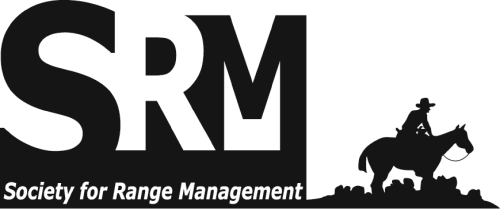Rangeland research funding constraints are coupled with ever-expanding environmental, financial, and societal pressures. As obtaining support for rangeland research becomes more competitive, researchers and funders must ensure that land managers' needs are met. In response to these challenges, we must align on-the-ground knowledge needs with knowledge creation by rangeland researchers and research funding organizations. The Sustainable Rangelands Roundtable partnered with the Samuel Roberts Noble Foundation and the Consortium for Science Policy and Outcomes to convene an interdisciplinary workshop of researchers, land managers and producers, and representatives of funding agencies and organizations to develop a research agenda for Future Directions of Usable Science for Sustainable Rangelands. Grazing animals affect rangeland systems, as do human communities that manage these unique ecosystems. Rangelands provide ecosystem services including livestock forage, open space, clean air and water, carbon sequestration, recreation opportunities, wildlife habitat, food security, and scenic landscapes. Workshop outcomes reflect 20 hours of discussion and dialogue among over 40 contributors. Workshop participants' efforts focused on three main objectives. First, participants worked to develop a common understanding of the concept of “usable science,†scoping the concept of usable science as it pertains to rangeland sustainability. Usable science considers the needs of its users throughout the scientific enterprise, in this case to ensure that rangelands continue to provide a desired mix of economic, ecological, and social benefits to current and future generations. From that foundation, participants' shifted to their next objective, developing a portfolio of recommendations for future directions of usable science for rangeland sustainability. Areas of emphasis for the June 2014 workshop included soil health, water, plants, animals, and socio-economic aspects of rangeland sustainability. Lastly, participants were requested to consider current and emerging issues in sustainable rangeland management and potential geographic (regional) variations. The workshop concluded with an assessment of project/product components for decision-makers.

Oral presentation and poster titles, abstracts, and authors from the Society for Range Management (SRM) Annual Meetings and Tradeshows, from 2013 forward.